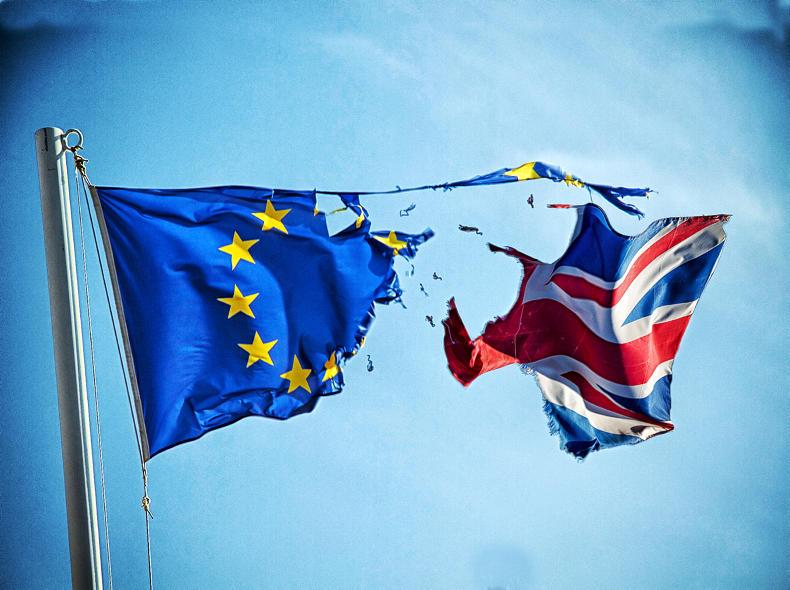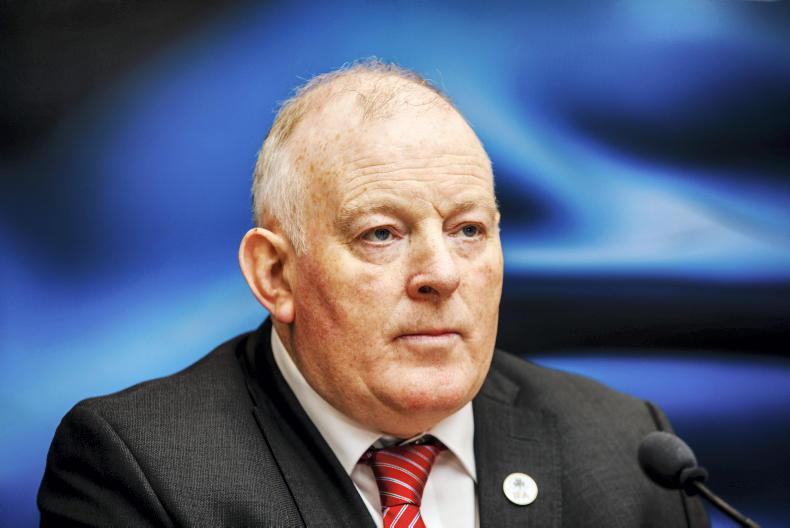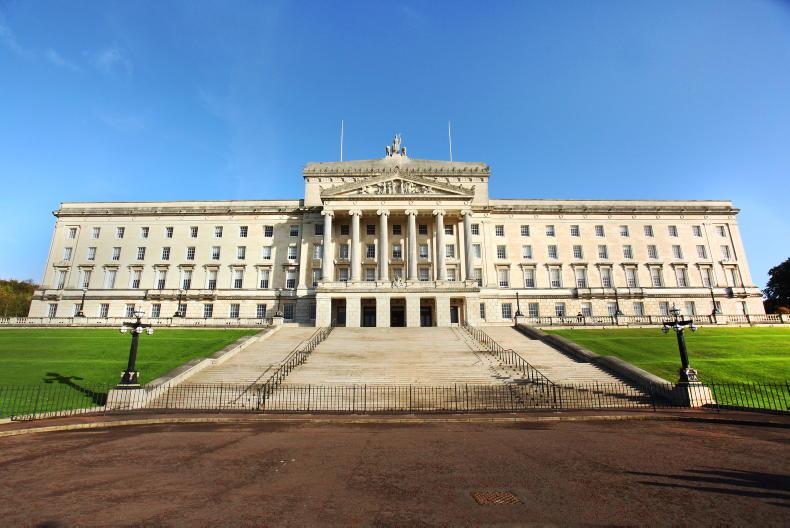British and wider EU news bulletins have been dominated this week by the decision of the senior UK diplomat in Brussels, Sir Ivan Rogers, to quit his position early.
The permanent representatives are the link between member state governments and the EU institutions, essentially enhanced embassies that act as the lubricant between the power blocks of the EU and its members. They are staffed by senior high-calibre civil servants and diplomats who specialise in shaping EU policy in the institutions in a way that is as close as possible to their own government’s wishes and policies.
Similarly, they work with their own government to have EU policy delivered in a way that mutually satisfies the needs of the EU institutions and member government alike.
Usually this is the mundane outworking of implementing decisions taken by heads of state in Council of Ministers meetings once the cameras and headlines have moved on. Much of the work is characterised by its dryness. The most exciting that it gets is when permanent representatives are trying to resolve personality clashes between their political leaders.
Where the permanent representatives move centre stage, though still very much below the radar, is when major EU-wide treaties are being considered.
In the past, we were familiar with Maastricht and Lisbon. However, the upcoming Brexit negotiations will be the biggest of all as the EU and the UK both enter uncharted territory.
Since the referendum in June, UK officials in Brussels, most of whom were instinctively pro-remain, have been awaiting political leadership that hasn’t so far been forthcoming from Westminster. This has been partly due to the inherent divisions between pro-remain and pro-Brexit politicians in the UK government. Sir Ivan made headlines back in October when his advice to the UK government on it taking a decade to create a new treaty with the EU came into the public domain.
Foot dragging
While people from the pro-remain side viewed this as the man on the ground telling it as it would be, the pro-Brexit view is that this was a negative response to the wishes of the UK people and represented foot dragging by officials who they suspect of wanting to thwart Brexit at every opportunity.
There is also a growing view among the Brexit advocates that not only does this resignation create an opportunity for the appointment of a more Brexit-friendly head of the UK representation to the EU, it should also lead to a wider cull of pro-remain diplomats.
Whatever the politics, this untimely quitting of the post creates a logistical difficulty for the UK and indeed the wider EU, including Ireland in particular. Sir Ivan Rogers was highly regarded among his peers in the EU and understood to have had the ability to articulate the UK position particularly well. He was expected to have been the key cog in the wheel of UK negotiations once Article 50 was triggered and it was thought that he may have stayed on beyond his due departure date in November 2017 to complete the negotiations.
His comments in October certainly put him out of favour with the pro-Brexit elements of Westminster, and the absence of clarity on a UK negotiating position clearly persuaded him that he had best get off the stage before the business of negotiating Brexit formally begins.
Expertise
Diplomats can and will of course be replaced, and no doubt the UK have a team of diplomats across the world who are extremely capable and experienced. However, like the new star signing at a big football club, a settling-in period is typically required as they find their way around, and with Article 50 due to be triggered within the next 12 weeks, time isn’t in plentiful supply. Additionally, his deputy quit in November so there is a real vacuum of EU specific diplomatic expertise in the UK representative office in Brussels at the moment.
Replacement
If, as the pro-Brexit view suggests, the replacement is more enthusiastically pro-Brexit, it doesn’t auger well for the start of negotiations from an Irish perspective. Our preference for replacement of UK participation in the EU with membership of the single market would be best for Ireland but may have too many conditions particularly on migration for the pro-Brexit side in the UK.









SHARING OPTIONS